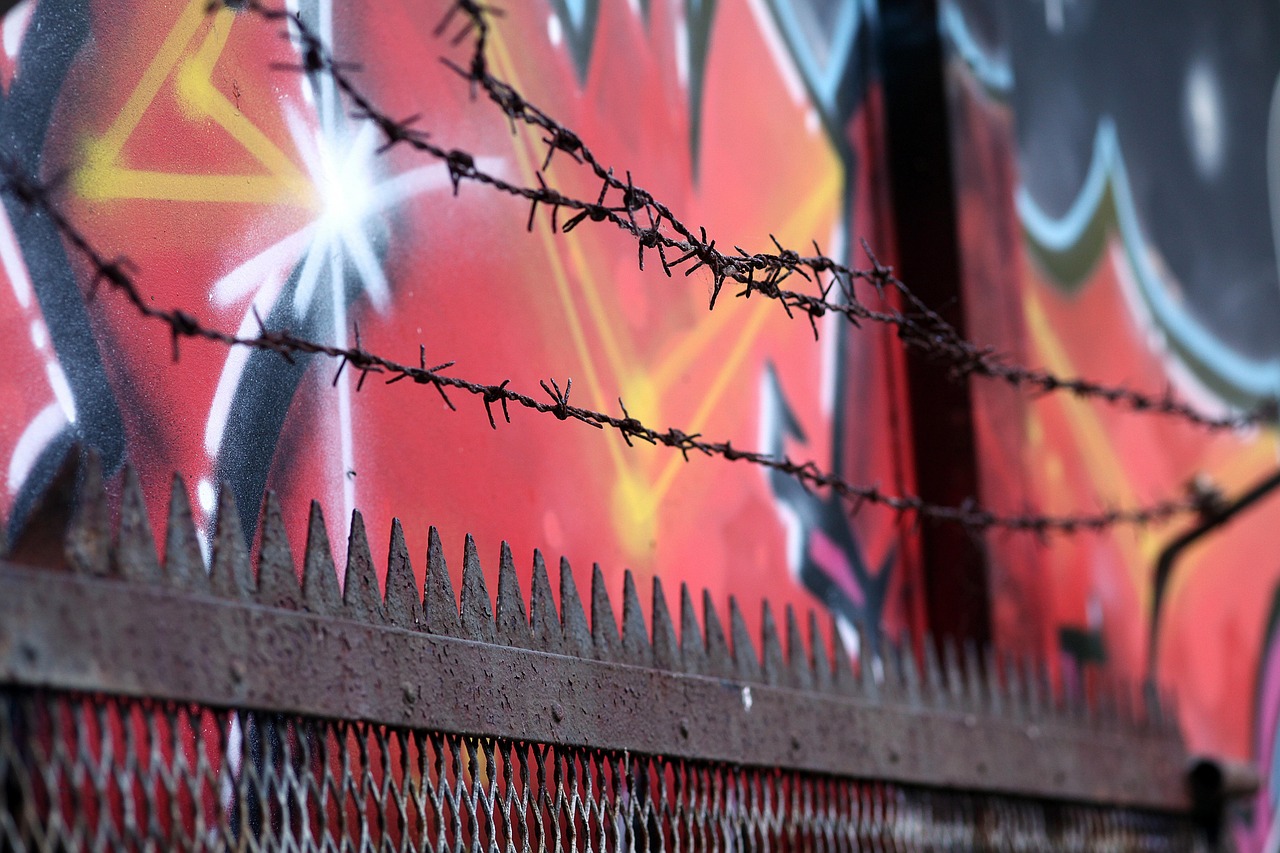Many of us today have easy access to healthcare. A local hospital, physician office, or dentist will at most be a fifteen minutes drive. If we want, we can walk to a local pharmacy and pick up any needed medicine within the matter of a few minutes. Healthcare, to us, is something that we can take for granted. But the same can’t be said for everyone.
Healthcare & Refugees
Healthcare in refugee settlements has been an ongoing crisis, especially in recent years.The crucial issue is the limited access to healthcare. Conflict often leads to the destruction of healthcare facilities, disruption of supply chains, and the flight of healthcare workers. As a result, accessing healthcare becomes extremely difficult for both the local population and displaced persons. This is damaging to those who have no other choice but to reside in these settlements. By escaping one hell, they are simply entering another – one in which they may not have the means to take care of themselves in.
Healthcare is also at risk in these areas due to healthcare workers being targeted in attacks. Though these attacks violate international humanitarian law, perpetrators purposefully target healthcare facilities that refugees and citizens rely on. Without access to these facilities, civilians start to die off due to infection, untreated illnesses or wounds, or simply due to the lack of needed medication.
Gender Discrimination in Healthcare
Another thing to point out is that women and girls receive far less healthcare compared to men in these areas. Living in a world in which access to healthcare is already limited, women and girls alike must struggle in order to receive proper care. Oftentimes, settlements will prefer to treat and care for men over women. This leaves a bleak ending for the future of these women’s lives — as they, like any other person, need healthcare. In fact, they may need it even more. In conflict zones, women are very likely to experience targeted violence of some kind, sustaining injuries that could be potentially life-threatening if not treated properly.
International Humanitarian Efforts
Despite the hopeless nature of these conflict zones, international humanitarian organizations (such as the Red Cross and the UN) help contribute to making the healthcare world of these places better. Together, they provide makeshift clinics, mobile medical units, and field hospitals to deliver the aid needed to civilians. Still there is a long way to go before conflict zones and refugee settlements can have comfortable access to reliable and fair healthcare.
It’s easy to forget how lucky we are to experience the lives we do. But it’s important to take the time to remember that there are many people out there who don’t have things we can easily access. While healthcare is something that we may take for granted here, we must not forget the ongoing fight for fair and accessible health care throughout the globe.
Image Credit: ptra
Works Cited:
Nickerson, Jason W. “Ensuring the Security of Health Care in Conflict Settings: An Urgent Global Health Concern.” Canadian Medical Association Journal, vol. 187, no. 11, 19 May 2015, pp. E347–E348, https://doi.org/10.1503/cmaj.140410. Accessed 25 March 2024.

